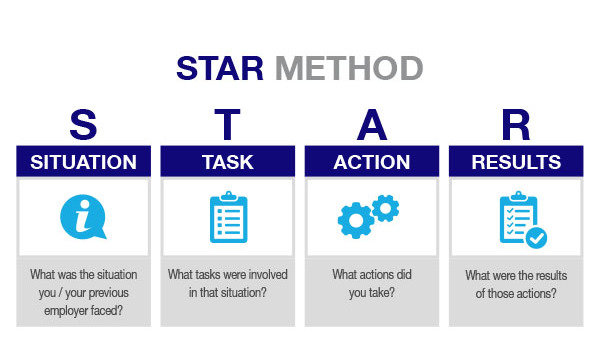Hi, I'm Sonali! I am a final year student studying a MChem Chemistry degree at the University of Lincoln. In my spare time I like singing, writing my own songs and playing badminton. I am also passionate about raising money…

Are you a university student applying for placements or jobs? Read on to find out how you can impress employers and make your applications stand out.
What employers are looking for in applications?
These are some things that are employers are looking for in your applications:
How much effort the candidate has put into their CV and cover letter – have they considered the role rather than sending a generic application used for many similar roles?
How well the candidate has considered the role and the company. Why do they want to work for the company and why that position?
How the job description relates to the person or their interest, what do they know about a technique and why do they want to know more about it?
All of these are aimed at showing your seriousness about the role, demonstrating that you are a motivated and conscientious candidate with good attention to detail. These are transferable skills to any role and will help you stand out as someone who is likely to do well if you are successful.
How do you make your applications stand out from the crowd?
1. STAR Technique
The STAR technique is a great way to keep your answers concise and informative. When giving an example which demonstrates a skill, you can use the star technique.
Situation (Detail the background and provide a context. What was your role?)
Task (What you had to do? Describe the challenges and expectations of the task)
Action (How did you do it and what were you responsible for – here you need to elaborate on your specific action.)
Result (What was the outcome? Explain the results in more detail.)

2. Take time to tailor your CV and cover letter
Whether you are in search of a placement or job hunting, it can be tempting for candidates to go for quantity over quality in their resumes. Although applying for jobs can be a struggle and very competitive, attaching just a generic CV and cover letter or copying and posting set answers into your applications will not make a good impression.
Take your time when writing your CV and cover letter. Follow the job specification point by point, including all of your skills and experiences that you have obtained, with emphasis on those that relate to the role. Most of all, re-read your application and ask someone else to check over your application. This ensures any spelling or grammatical errors are fixed, increasing your chances of being offered an interview.

3. Develop an online presence
When applying for a job, you will be competing against other candidates for the role. Here, you want to be able to provide extra information to the employer to sway the balance. You want to put yourself out there and have an online presence. This can be done by creating a LinkedIn profile, which becomes a version of your online CV.
You can add your education, skills, experiences, awards you have obtained, languages you speak and much more. It is very common for employers to search for your name and view your profile – this usually takes place during the recruiting process. LinkedIn allows you to build up your network, whilst also opening yourself up to more career opportunities. I can’t recommend it enough!

The University of Lincoln Careers and Employability Centre provides students with a range of resources, workshops and sessions. These include LinkedIn sessions as well as CV and cover letter writing workshops, which can really help you when applying for placements and jobs. I would definitely recommend having a look at the resources and attending the workshops. More information about any of the information can be found at the University of Lincoln Careers and Employability website https://uolcareers.co.uk/events/




